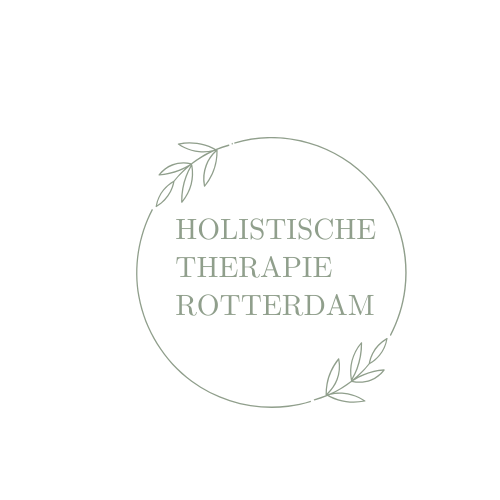Eating Disorder
On this page you can read more about recovering from an eating disorder and promoting a positive body image. An eating disorder is a complex condition that is often accompanied by negative thoughts and feelings about the body and problematic eating habits. A holistic approach focuses on restoring balance and promoting well-being at all levels of your life.
Symptoms of an eating disorder
The symptoms of an eating disorder can vary depending on the type of eating disorder, but some common symptoms include:
- Extreme preoccupation with weight, body shape and nutrition Restrictions or excessive control of food intake Excessive exercise or physical activity Feeling of loss of control over eating behavior Fear of weight gain Negative body images and self-criticism Social isolation and withdrawal
A negative body image
A negative body image often plays an important role in the development and maintenance of an eating disorder. People with an eating disorder often have a distorted image of their own body and strive for an unrealistic ideal image. This negative body image can lead to a dysfunctional relationship with food and eating behavior.
Perfectionism and an eating disorder
Perfectionism is often related to the development of an eating disorder. People with perfectionistic tendencies tend to place high expectations on themselves, including when it comes to their appearance. This pressure can contribute to negative body image and the development of dysfunctional eating habits.
It's important to note that even if you don't think your symptoms are severe enough, it's still important to seek help. Early intervention can reduce the impact of an eating disorder and promote recovery.
Holistic view
An eating disorder is actually not really about food itself. It is important to understand that an eating disorder is often a complex coping mechanism that is used to avoid dwelling on underlying pain and emotions. The unhealthy eating behavior and the disturbed relationship with food serve as a way to suppress difficult feelings or experience a sense of control.
People with an eating disorder can often feel anxious, lonely, insecure or overwhelmed. The focus on food, weight and body image provides a temporary distraction from these underlying pain and emotions. It can be a way to cope with negative thoughts, stressful situations, trauma or other challenges in life.
At Holistic Therapy Rotterdam we recognize that an eating disorder has profound emotional and psychological causes. This holistic approach focuses not only on addressing the eating behavior, but also on exploring and addressing the underlying pain, trauma or dysfunctional beliefs that underlie the eating disorder.
Together we work to recognize and understand the underlying emotions and pain that maintain the eating disorder. Through a holistic approach, I can guide you in developing healthier coping mechanisms and finding sustainable healing in your relationship with food, but more importantly: in your relationship with yourself.
Treatment methods
At Holistic Therapy Rotterdam we offer various holistic treatment methods that can support you in recovering from an eating disorder and promoting a positive body image. Some of these methods include:
Individual therapy
Individual therapy provides a safe and confidential space to work on the underlying emotional and psychological aspects of your eating disorder. Together we work to develop healthy coping mechanisms, explore your negative beliefs and promote self-acceptance and self-love.
Body-oriented therapy
Body-oriented therapies, such as body awareness exercises and expressive therapy, can help you develop a positive relationship with your body. These therapies focus on exploring and releasing tensions and emotions that have become stuck in the body.
Mindfulness and self-care
Mindfulness and self-care methods can help you focus your attention on the present moment and cultivate self-compassion. Through meditation, breathing exercises and other mindfulness techniques, you can learn to be more aware of your needs and take better care of yourself.
Trauma therapy
Trauma therapy can be an integral part of the recovery process for an eating disorder, especially if there are trauma-related underlying causes. Through various therapeutic techniques, such as EMDR (Eye Movement Desensitization and Reprocessing) and body-oriented trauma therapy, trauma therapy can help you process trauma, transform negative beliefs and promote your recovery process.
Want to work together on recovery?
I believe that complete recovery from an eating disorder is possible and am happy to support you in your path to recovery and a happy life.
Do you have questions or would you like to know whether a program at Holistic Therapy Rotterdam suits you? Feel free to get in touch to discuss how holistic therapy can support you in eating disorder recovery and promoting a positive body image.


